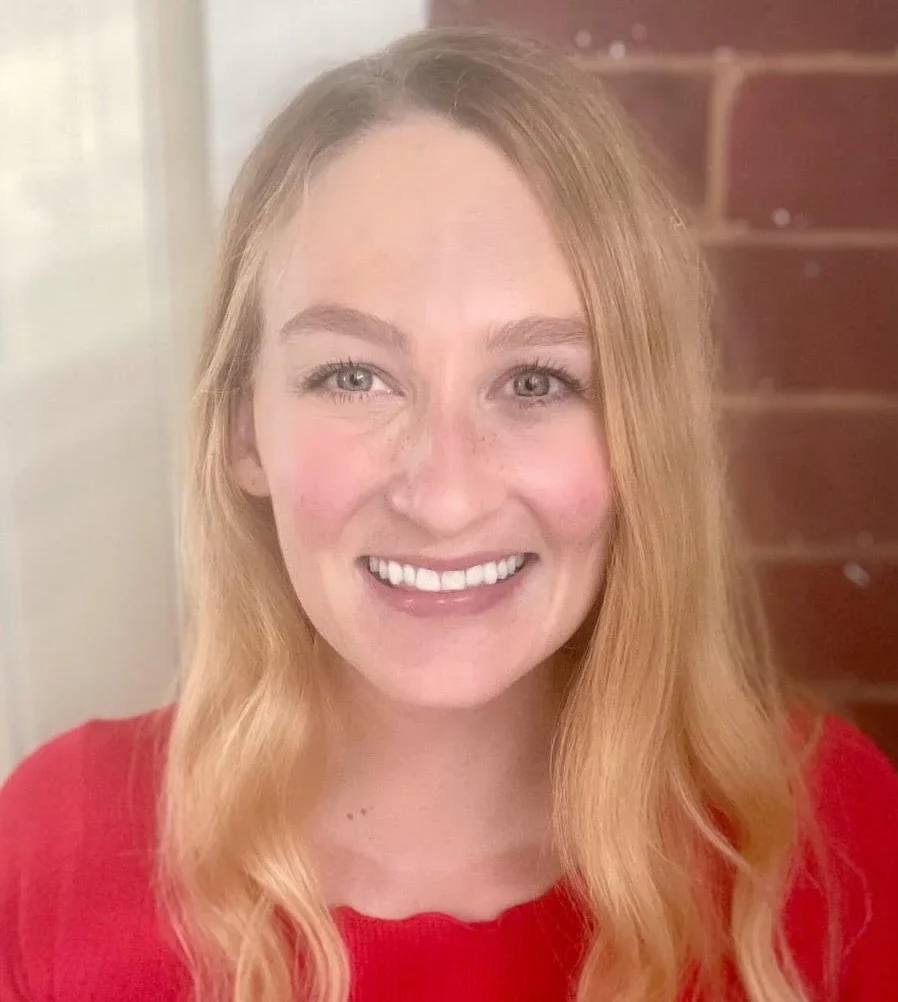Situations sometimes arise when you need to get a copy of a last will and testament. For instance, maybe you're looking to determine if you were named as a beneficiary in your late grandfather's will, or you’re doing genealogy research and verifying information through your ancestors' wills. Regardless of whether it's for legal or personal reasons, you'll need to figure out how to find a will in the first place.
How to obtain a copy of a will depends on the legal status of the will, as well as its location. We'll cover some of the many ways to track down a copy of this document, from searching public records to contacting the county clerk's office.

Are wills public record?
Many legal documents are public records, meaning a government agency keeps them on hand and makes them available to the public. For example, home sales, arrest records, birth certificates, marriage and divorce records, and court case files are all public records.
So, are wills public record? In short, yes, wills are public record, but usually only after the will has gone through the probate process. This means a will is only accessible to the public once the testator (the person who wrote it) passes away and their assets have been distributed. That said, local and state laws differ slightly on how the probate process works and when exactly a will enters the public record.
While information like the testator's beneficiaries will be available to the public, some details may be redacted for privacy reasons—such as social security numbers, addresses, birth dates, and financial information like bank account numbers.
Once the will has entered the public record, anyone can go to the county court and request a copy of the will.
How to find a will in public records for free
First, let's discuss how to find the will of a deceased person online. There are several online resources available, but if you’re on a budget, you're probably wondering how to find out if a will exists for free.
While some resources may charge fees, the following are some examples of ways to perform an online search and access a will without paying:
- County government website. Some states and counties post probate records online. Navigate to the official website of the county clerk's office where the will was processed to determine if they have an online portal for accessing wills and probate cases.
- State archives. Some states offer online archives of historical records. For example, the California State Archives maintains vital records, including wills and probate court case files, for 28 counties from 1850 to 1897.
- Public library databases. Many public libraries have subscriptions to databases and digital collections, often including probate records and wills. Visit your local library's website to determine what kind of digital archives they offer.
- Public access databases. FamilySearch and The USGenWeb® Project are public resources that gather historical and genealogical records like wills.
- National Archives and Records Administration (NARA). The NARA is a federal agency that maintains public records, including wills. You can search the database and place an order for the records. While it's free to browse the records, the agency does charge a fee to obtain a record.

How to obtain a will from the probate court
If you are wondering how you can get a copy of a deceased person’s will from the probate court, there is a procedure to follow. Once the testator has died, if the will has been filed with the probate court of the county the deceased resided in, the will becomes public record.
Once the will is on public record, you can typically access it at the local court by following these steps:
1. Determine where the probate was filed
First, you must determine where the estate planning documents and probate were filed. While the executor can give you this information, the documents are usually at the local court in the county where the deceased was living at the time of their death.
2. Acquire the court file number
The best way to view the will is to get the probate court file number. The executor can give you this information. You may also be able to access the file number by phone, online, or in person at the courthouse by providing the deceased’s name and date of death. Some courts don’t even need the date of death and have an online docket you can search by name.
3. Contact the county clerk's office
Go to the courthouse with the file number and ask a court clerk to see the file. You can either request to view it or obtain a certified copy. A certified copy of a will is a document that has been stamped and certified by the court to be an exact copy of the official document. Getting a copy of a will is possible by paying a copying fee, which is usually only a few dollars.
If you live out of town or can't visit in person, some courts will provide you with a copy by fax or mail of a will on file.
What if you're looking for a will that wasn't filed recently? It may be possible to search through the court archives for a copy of a will from many years ago. The clerk will tell you how to do this. The will might be on microfilm or in digital format for viewing. Once you find them, you can obtain copies from the clerk.

How to find a physical copy of a deceased person's will
When there's a registered will on file, the court will have access to important details like who it's for and where it's located. However, if someone in your family dies and there is no will on file with the probate court or with their estate planning attorney, you'll need to track down the will on your own.
So, who keeps the original copy of a will? Typically, the original copy is at the deceased person's property, with their executor, or at their attorney's law firm.
First, contact the deceased's executor and attorney to see if they have a copy of the will or know where to find it. If they don't, you should check the testator's home safe, safe deposit box, files, and any hiding or storage place where the deceased kept important documents, such as under floorboards or mattresses.
Check their computer, external hard drive, and email accounts, as they may have created a digital copy of it. You may also consider asking the deceased person's close friends, spouse, or other family members if they have information regarding the will's exact location.
Your family member might have seen an attorney you don’t know about, so keep an eye out for business cards or letterhead from law offices and call to check with those offices.
How to get an unfiled will
What if the will hasn't passed through the probate process yet?
If the testator is deceased but the will you are looking for has not been probated, it is not public record yet. However, you may still be allowed access to it. If you are a named beneficiary in the will or a guardian of a minor child who is a beneficiary, you are likely permitted access to it by your state’s laws.
You should contact the executor to ask to see it. If you don’t know who the executor is, obtain a copy of the death certificate from the county. The name of the executor is listed on that. Another option is to contact the testator's attorney to determine if they prepared their estate plan and if they have a copy on file.
But what if you don’t know if you are a beneficiary? You can seek action through your probate court to force the person holding the will to file it for probate. This may involve filing a petition to request a court order.
Some state laws have set deadlines for filing. Therefore, your state may have a law making it a crime not to file a will, meaning the person withholding it could face civil or criminal charges.

How to see a living person’s will
If you are wondering how to get a copy of a will for a person who is still alive, the only way to do so is to ask the person who wrote the will.
Remember, one's will and other estate planning documents are not public record until they pass away. A will is a private document, and no one can be forced to show their will, but the person can share copies with anyone.
In fact, many people choose to discuss their estate plan with their family members so they can provide important details like where it's located and how to access it. This is also an opportunity for the family to hear about the individual's wishes.
If the person is still alive and doesn’t choose to share it, they may have the will at home, at their attorney’s office, or filed with the probate court for safekeeping, where it is not available for viewing.
Are copies of wills valid?
The rule of thumb is that only the original copy of a will is valid. The original is what must be filed with the court. Most people make photocopies of their will, though.
A copy of a will may be admissible in court if the original has been destroyed by a fire or flood or if the original has been unintentionally lost by the testator. If the original will was purposely destroyed or thrown out by the testator because he or she wanted to revoke that will, the copy is not valid.
That said, a photocopy of a will is different from a certified copy of a will. A certified copy is a valid will that an authorized person, such as a notary or county clerk, has verified. A certified copy is useful for filing other legal papers (such as to transfer title of assets).
Locating a will can take some digging, but with diligence and careful research, you should be able to obtain a copy of the will you are looking for.
Is LegalZoom will right for your needs?
Wills are among the simplest legal documents. Whether or not a will is wholly adequate for your estate planning needs depends on your circumstances. If you're unsure what you need to protect your family, consult a lawyer. Our Estate Planning bundle comes with a year of advice from independent attorneys in our network.
The most important thing is that you don't neglect planning your estate: Protect your loved ones and make sure your assets are distributed according to your wishes. Compare LegalZoom's different kinds of estate planning products and start your estate plan today.

FAQs
Here are some frequently asked questions about wills:
Who keeps the original copy of a will?
Typically, either the testator, executor, or the testator's attorney will have the original copy of the will. If you're looking for a copy, contact their executor and/or attorney, then search the deceased person's home. Many people keep their wills in safe deposit boxes, computers, or filing cabinets.
Are beneficiaries entitled to a copy of the will?
Yes, beneficiaries are entitled to a copy of the will after the testator passes away. The executor should provide them with a copy, but the beneficiaries are also legally permitted to request one before the probate process begins.
What if I can’t find the will I’m looking for?
If you still can't find the will, one may not have existed in the first place, or it may have been revoked. After exhausting all your options, you may need to contact the court to initiate a probate case.
What is intestate succession?
Intestate succession refers to the legal process that determines how the deceased's assets are distributed if they die without a will.
Brette Sember, J.D., contributed to this article.



